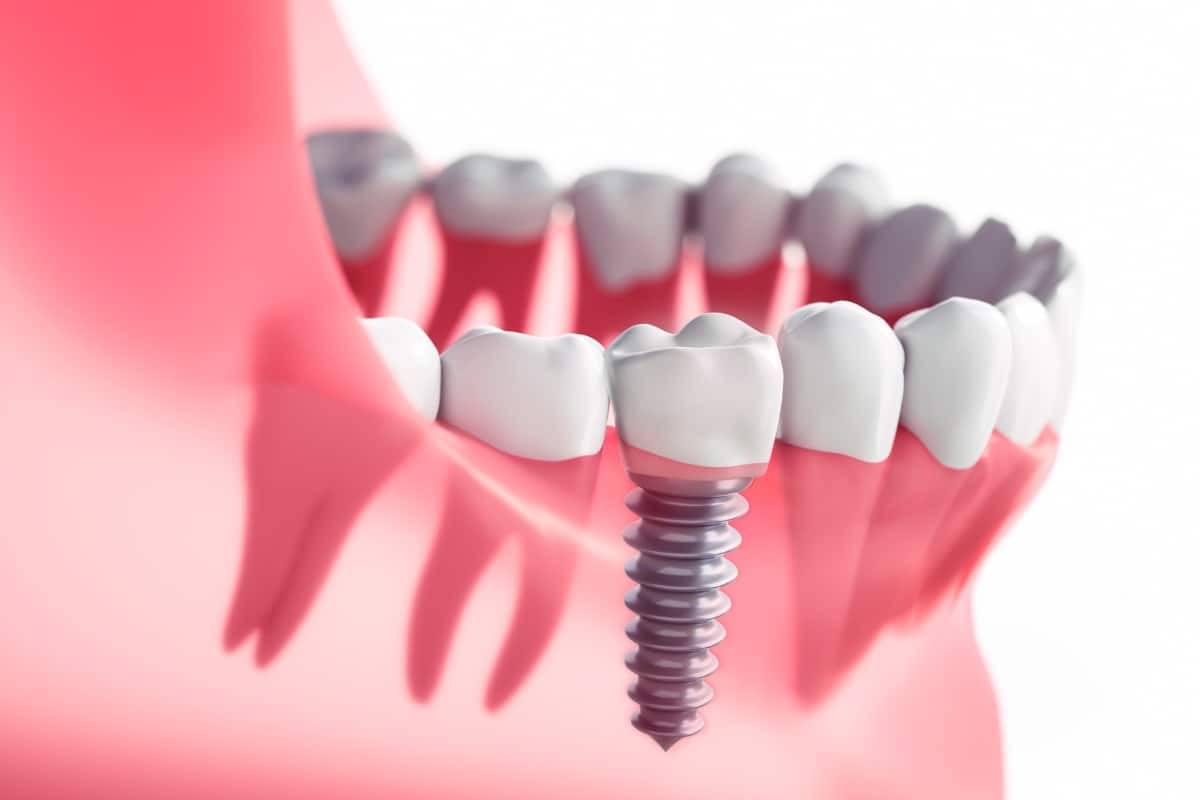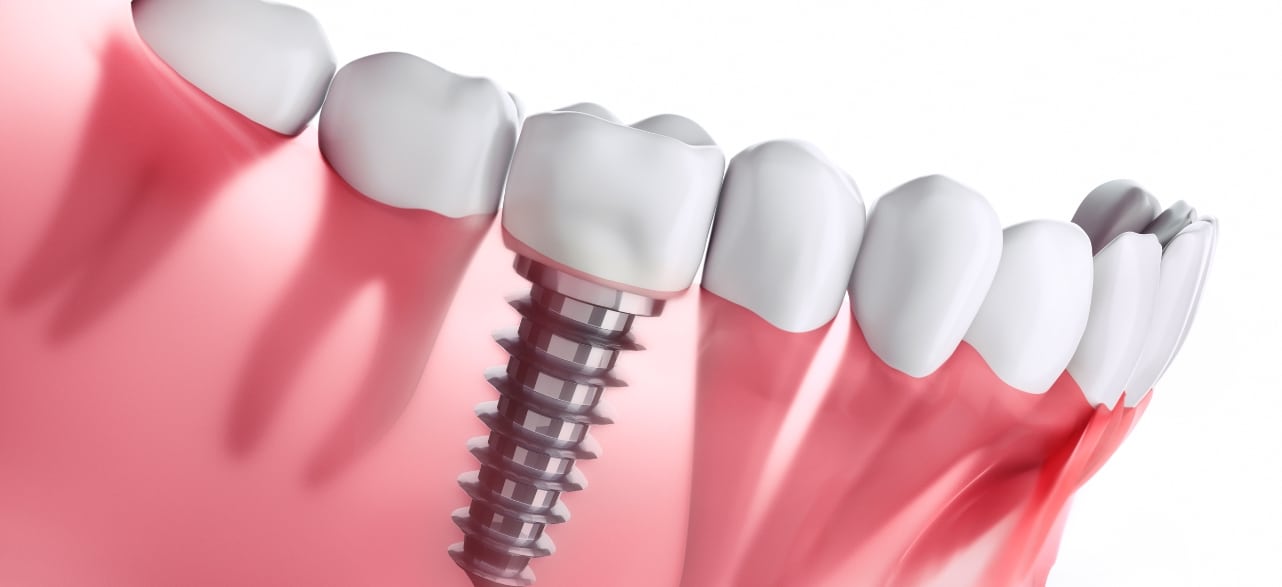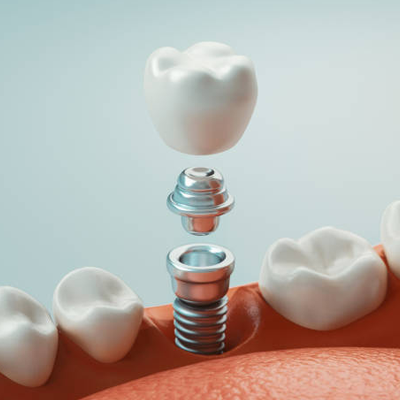
Can I Get Dental Implants Years After An Extraction
When it comes to dental health, many individuals find themselves faced with the question of whether they can get dental implants years after extraction. The good news is that advancements in dental technology have made it possible for individuals to restore their smiles even long after tooth extractions. In this informative blog, we will explore the factors influencing the feasibility of artificial teeth implants, the process involved, and what you can expect during and after the procedure.
Understanding Dental Implants:
Dental implants are titanium prosthetic tooth roots that are surgically inserted into the mandible. These implants serve as a sturdy foundation for replacement teeth, allowing individuals to regain functionality and aesthetics. Unlike traditional dentures or bridges, tooth implants are a long-term solution that can last a lifetime with proper care.
The Timing Matters:
One of the common concerns is whether dental implants can be placed years after tooth extraction. The answer is generally yes, but the timing plays a crucial role. Ideally, implants are most successful when placed soon after an extraction. However, even if several years have passed, it is still possible to undergo the procedure with the help of modern dental techniques.
Bone Health and Density:
The success of dental implants relies heavily on the health and density of the jawbone. After tooth extraction, the bone in that area may undergo resorption, which can affect its strength and density. If a significant amount of bone has been lost, additional procedures such as bone grafting may be necessary to build up the jawbone before implant placement.
Consultation with a Dentist:
Before deciding to get tooth implants, it is crucial to consult with a qualified dentist or oral surgeon. A thorough examination, including X-rays, will help determine the current condition of your jawbone and whether any additional procedures are needed. The dentist will also assess your overall oral health and discuss your medical history to ensure you are a suitable candidate for dental implants.
The Dental Implant Procedure:
Typically, there are multiple steps involved in the dental implant procedure:
Examination and Planning:
- Your dentist will conduct a comprehensive examination, including X-rays and 3D imaging, to assess the condition of your jawbone.
- A personalized treatment plan will be created based on your specific needs and requirements.
Extraction Site Preparation:
- If the tooth extraction site has not fully healed, your dentist may need to prepare the area by removing any remaining debris and ensuring optimal conditions for implant placement.
Implant Placement:
- During the surgical procedure, the dental implant, made of biocompatible titanium, is placed into the jawbone.
- In some cases, temporary crowns or bridges may be placed while the implants integrate with the bone.
Healing and Osseointegration:
- The healing process, known as osseointegration, allows the implant to fuse with the surrounding bone.
- This phase may take several months, during which the implant becomes a stable and permanent part of the jawbone.
Abutment Placement and Crown Attachment:
- You and your dentist must talk about your medical history.
- The final step involves placing a custom-made crown onto the abutment, creating a natural-looking and functional tooth.
Factors Influencing Success:
Several factors can influence the success of dental implants, including:
Overall Health:
- General health conditions, such as diabetes or immune disorders, can impact the healing process. You must discuss your medical history with your dentist.
Oral Hygiene:
- Maintaining good oral hygiene is crucial for the long-term success of teeth implants. Regular brushing, flossing, and dental check-ups are essential.
Smoking:
- Smoking can negatively impact the healing process and increase the risk of implant failure. It is advisable to quit smoking before undergoing dental implant surgery.
Bone Quality:
- The quality and density of the jawbone play a significant role in the success of dental implants. Bone grafting may be recommended if additional support is needed.
Post-Operative Care and Maintenance:
After the dental implant procedure, proper care and maintenance are essential for a successful outcome. Your dentist will provide you with detailed advice regarding:
- Diet: A soft diet may be recommended initially to avoid putting excessive pressure on the implants.
- Oral Hygiene: Regular brushing, flossing, and the use of antimicrobial mouthwash are crucial to prevent infection and maintain overall oral health.
- Follow-Up Appointments: Regular follow-up appointments will allow your dentist to monitor the healing process and address any concerns promptly.
Getting tooth implants years after an extraction is indeed possible, thanks to advancements in dental technology. The success of the procedure depends on factors such as jawbone health, overall health, and proper post-operative care. If you are considering dental implants, schedule a consultation with a qualified dentist to discuss your specific situation and create a personalized treatment plan. With the right care and attention, dental implants can provide a durable and natural-looking solution for restoring your smile and oral function.










